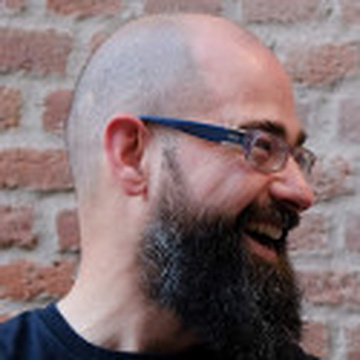Il 16 novembre sarò a Milano per la tavola rotonda “Data as a commons: i dati come strumento di governance collaborativa delle città“ all’interno di Sharitaly, assieme ad un sacco di amici del mondo Open Data e annessi.


Panel: Data as a commons: i dati come strumento di governance collaborativa delle città
Gli Open Data rappresentano uno snodo cruciale per mettere in atto i principi dell’Open Government e stimolare modelli collaborativi tra istituzioni e comunità locali, finalizzati non solo al controllo dell’operato della P.A. ma anche allo sviluppo di nuovi servizi e applicazioni che integrino e potenzino quelli già offerti dalle istituzioni pubbliche secondo la logica della co-production. Ma cosa sono concretamente gli Open Data? Quale valore possono generare per la Città? Ne discuteremo insieme durante il panel con alcuni tra i maggiori esperti e attivisti sul tema dell’Open Data in Italia.
Modera: Davide Arcidiacono (Università Cattolica del Sacro Cuore)
Con: Matteo Brunati (Community Manager Spazio Dati e Italian Correspondent per E-PSI Platform), Michele D’Alena (Digital Innovation Advisor), Gianni Dominici (Forum PA), Federico Morando (Nexa-Politecnico di Torino e fondatore di Synapta), Maurizio Napolitano (Digital Commons Lab-Fondazione Bruno Kessler-Trento)
E’ una tavola rotonda dove parleremo di molti temi che mi sono cari: Open Data, smart cities, beni comuni e Open Government. Alcuni li avevo approfonditi in un mio vecchio post di settembre 2012, “Attivare le comunità intelligenti: ovvero ripartire dal senso civico“.
Continua a leggere